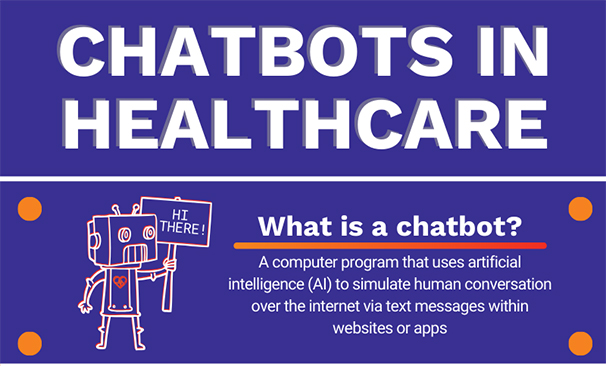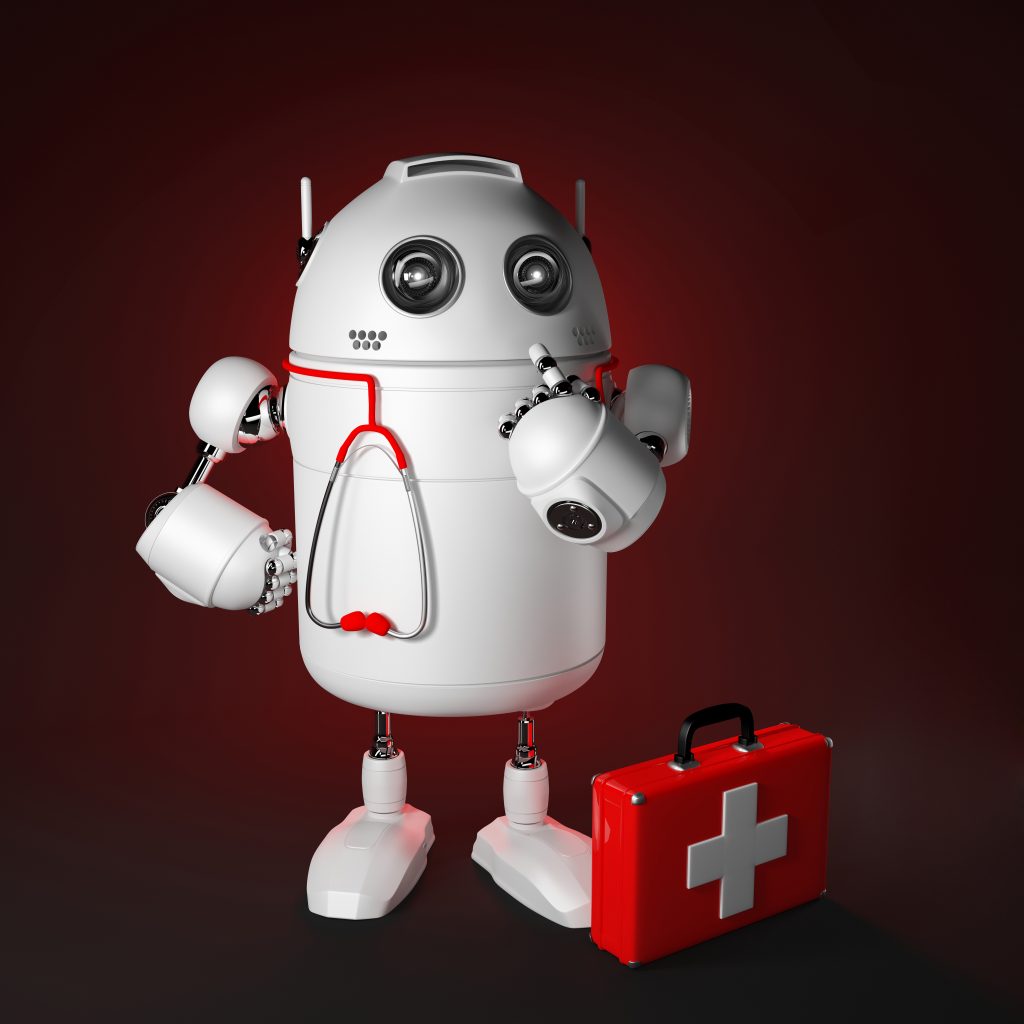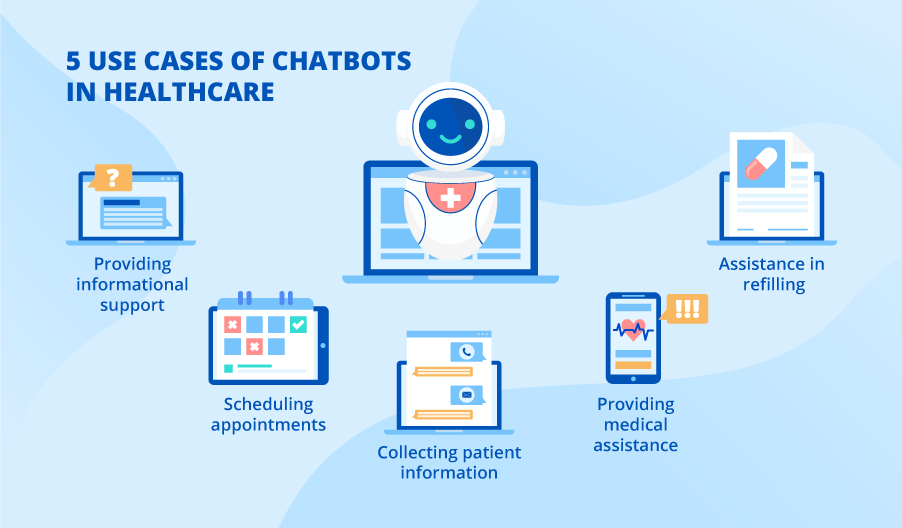
Wysa, another app that has received a breakthrough device designation, delivers cognitive behavioral therapy for anxiety, depression, and chronic pain.īut gathering reliable scientific data about how well app-based treatments function will take time. For example, Woebot combines exercises for mindfulness and self-care (with answers written by teams of therapists) for postpartum depression. These apps mostly offer what therapists call structured therapy - in which patients have specific problems and the app can respond with a workbook-like approach. Sanjay Gupta every Tuesday from the CNN Health team.

Sign up here to get The Results Are In with Dr. And only a very few have gotten the agency’s breakthrough device designation, which fast-tracks reviews and studies on devices that show potential. The FDA likewise said late last year it “ intends to exercise enforcement discretion” over a range of mental health apps, which it will vet as medical devices. Perhaps seeing the flood of AI hitting the market, the Department of Labor announced last year it was ramping up efforts to ensure better insurer compliance with the mental health parity requirement. After all, that would be a cheap and simple solution, compared with the difficulty of offering a panel of human therapists, especially since many take no insurance because they consider insurers’ payments too low. It may prove tempting for insurers to offer up apps and chatbots to meet the mental health parity requirement. One researcher noted that some users faulted these apps for their “scripted nature and lack of adaptability beyond textbook cases of mild anxiety and depression.” While some mental health apps may ultimately prove worthy, there is evidence that some can do harm. Ku said he’d like to see AI used instead to reduce practitioners’ tasks like record-keeping and data entry to “free up more time for humans to connect.” “I have a human therapist, and that will never be replaced by AI.” “The core tenet of medicine is that it’s a relationship between human and human - and AI can’t love,” said Bon Ku, director of the Health Design Lab at Thomas Jefferson University and a pioneer in medical innovation. Can a chatbot achieve transference, the empathic flow between patient and doctor that is central to many types of therapy? The same goes for anxiety or ecstasy, emotions so neurologically complex that scientists have not been able pinpoint their neural origins. “The computer will not, for example, experience loneliness in any sense that we understand it.” But “the experiences a computer might gain under such circumstances are not human experiences,” he told me. He foresaw the evolution of far more sophisticated programs like ChatGPT. He said students would interact with the machine as if Eliza were an actual therapist, when what he’d created was “a party trick,” he said.ĬhatGPT may have better bedside manner than some doctors, but it lacks some expertise Though hailed as an AI triumph, ELIZA’s “success” terrified Weizenbaum, whom I once interviewed. Woman: He says I’m depressed much of the time.ĮLIZA: I am sorry to hear that you are depressed.ĮLIZA: Do you think coming here will help you not to be unhappy?


Woman: Well, my boyfriend made me come here.ĮLIZA: Your boyfriend made you come here? In fact, his original AI program, created in the 1960s, was a psychotherapist named ELIZA, which used word and pattern recognition combined with natural language programming to sound like a therapist: There are good reasons to be cautious in the face of this marketing juggernaut.ĭecades ago, Joseph Weizenbaum, a professor at the Massachusetts Institute of Technology and considered one of the fathers of artificial intelligence, predicted AI would never make a good therapist, though it could be made to sound like one. Though marketed to treat conditions such as anxiety, attention-deficit/hyperactivity disorder, and depression, or to predict suicidal tendencies, many warn users (in small print) that they are “ not intended to be medical, behavioral health or other healthcare service” or “ not an FDA cleared product.” Few of the many apps on the market have independent outcomes research showing they help most haven’t been scrutinized at all by the FDA. Unfortunately, in the mental health space, evidence of effectiveness is lacking. At the South by Southwest conference in March, where health startups displayed their products, there was a near-religious conviction that AI could rebuild health care, offering apps and machines that could diagnose and treat all kinds of illnesses, replacing doctors and nurses. More than 1 in 6 adults have depression as rates rise to record levels in the US, survey findsįor entrepreneurs, that presents a market bonanza.


 0 kommentar(er)
0 kommentar(er)
